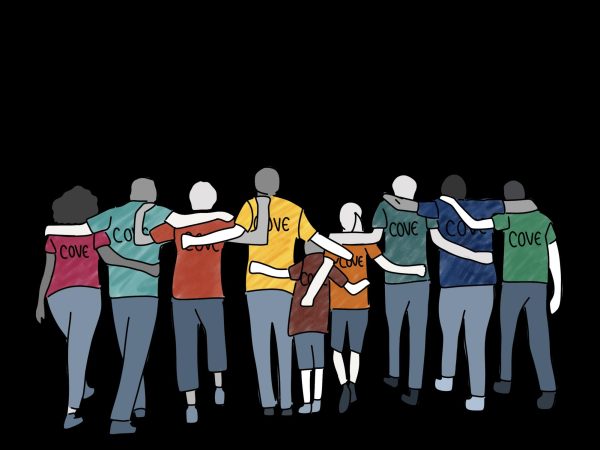Being Right: A Late GOP Comeback May Be Brewing in the Midterm Elections
During the summer and early fall, congressional Democrats had plenty of reason to be optimistic about the prospect of an underwhelming Republican performance in the 2022 midterm elections.
At the time, things seemed to be aligning near-perfectly for Democrats. Roe v. Wade had recently been overturned by the Supreme Court, injecting energy into their hitherto lethargic voter base. Gas prices began to briefly dip from their all-time high levels. A handful of special election victories and overperformances suggested that a midterm win, even with an unpopular executive, might be doable. Sure, it didn’t appear likely that Democrats would hold onto their razor-thin House majority, but hopes of stemming their House losses and possibly expanding their Senate majority appeared justified for the first time in the cycle.
That was until the Republican Party’s most recent surge. RealClearPolitics’ (RCP) aggregate of generic ballot polls (meaning polls in which respondents are asked about the party they plan on supporting, rather than any individual candidate) favored the Democrats by just over one percent in mid-September. Since then, polling has shifted over four percentage points to the right, giving Republicans their largest lead since June.
In just over a month, FiveThirtyEight’s estimated chance that Republicans would control the Senate soared from 29 to 45 percent. As of Oct. 25, Democrats’ odds of winning the House now sit at 19 percent.
This stunning shift has totally transformed the range of possibilities for the GOP this November.
According to the RCP statewide polling aggregates, struggling Republican candidates, including Mehmet Oz in Pennsylvania and Blake Masters in Arizona, have surged in the polls as their once “unbeatable” opponents languish below 50 percent.
Per the same aggregates, Nevada Republican candidate Adam Laxalt also appears to have built a narrow, but somewhat consistent, polling lead over his incumbent opponent. Sen. Ron Johnson (R-Wis.), too, looks now to be the strong favorite in what once was thought to be a neck-and-neck contest. Even long-shot races, like Oregon and New York’s gubernatorial elections, look more winnable than ever for the GOP. If the polling error is anything like it has been in past elections, Republicans look to be well on their way to winning majorities in both houses of Congress, along with a sizable majority of governorships, come January.
So, what happened? Poor economic fundamentals are undoubtedly a large part of the equation, with gas prices inching upward (according to ABC) once again as inflation, in general, has failed to subside (per the New York Times). While voters may have been temporarily placated by a slight ease in economic woes over the summer, the will to punish President Biden at the ballot box has been given renewed energy amid recent gloomy forecasts.
Republican messaging has also become more attuned to the pulse of the country as the election has progressed. Republican messaging earlier in the election cycle revolved largely around important, but not exactly rousing, economic and fiscal questions.
Now, however, the party has finally woken up to the urgency surrounding the issue of public safety. Surging crime is undoubtedly a strong motivator for Americans, and according to NBC, the GOP has begun to capitalize.
There may also be a final, perhaps less sexy, element to this polling surge: the shifting methodology of many pollsters. Per the American Enterprise Institute, many polling firms switch from sampling registered voters (RV) to sampling likely voters (LV) as we near election day. This typically yields a more accurate and, according Nate Silver, more right-leaning result, as voters who are inclined to sit out this year’s midterm race are not tallied in polls.
While Republicans haven’t necessarily sewn up this election yet (the “big four” toss-up Senate races in Arizona, Georgia, Nevada and Pennsylvania remain extremely close), they do appear to be finishing strong. If these trends continue, and the GOP base remains this motivated, Republicans may be in for a good night in a couple of weeks.





